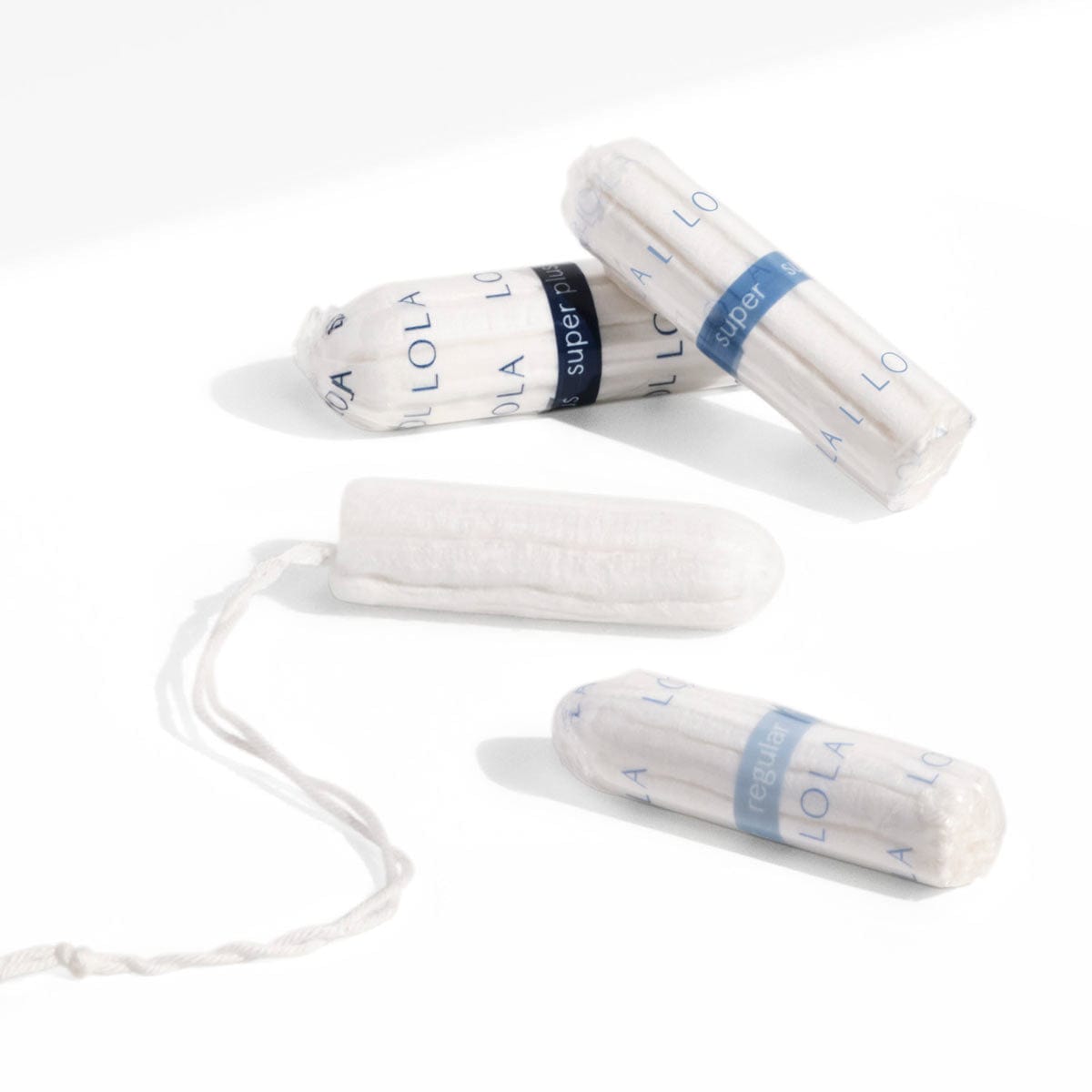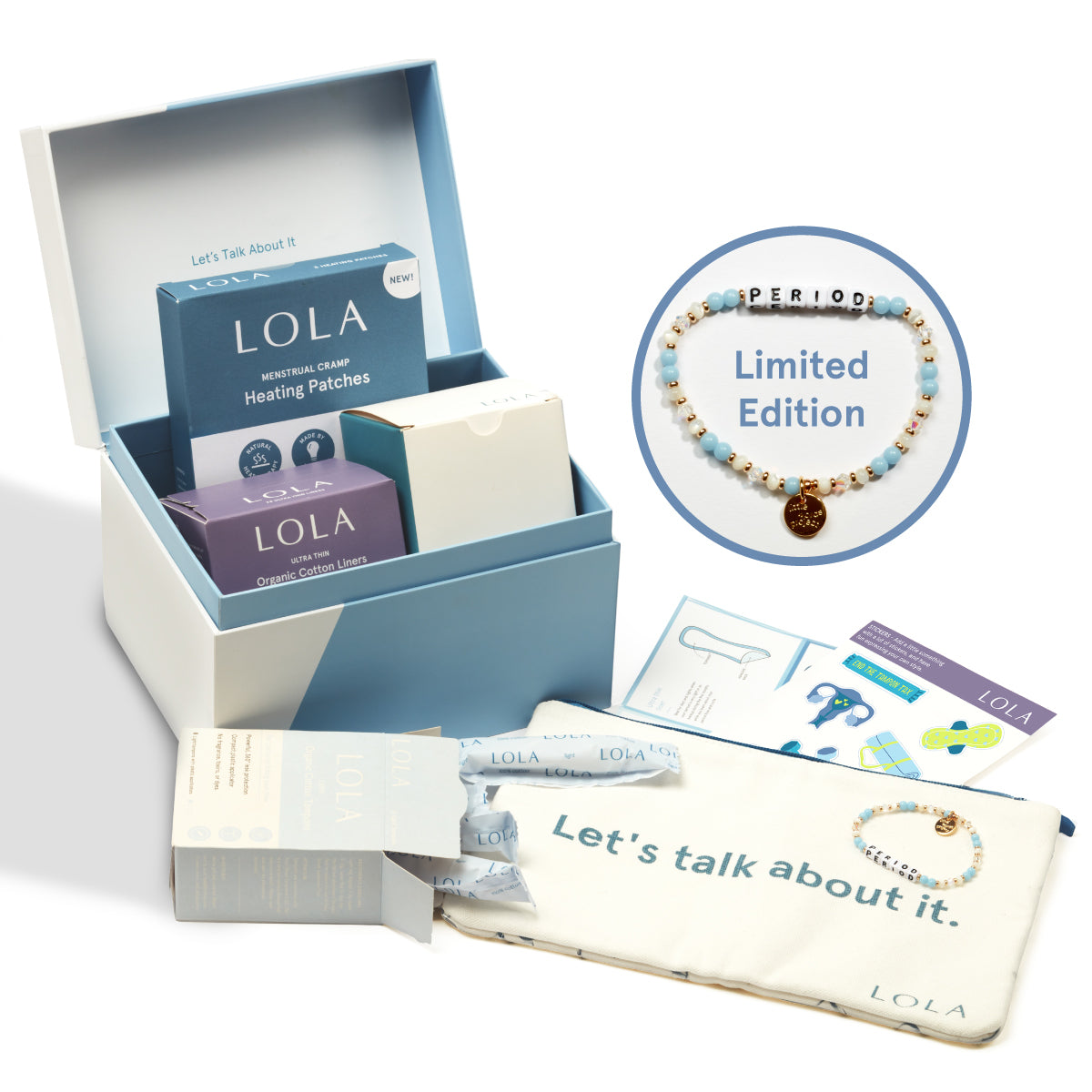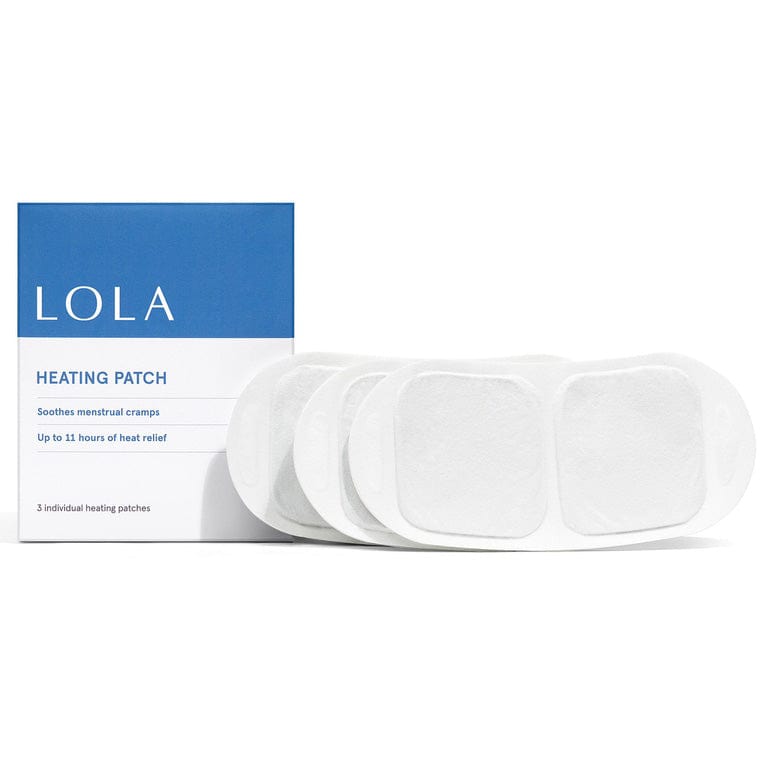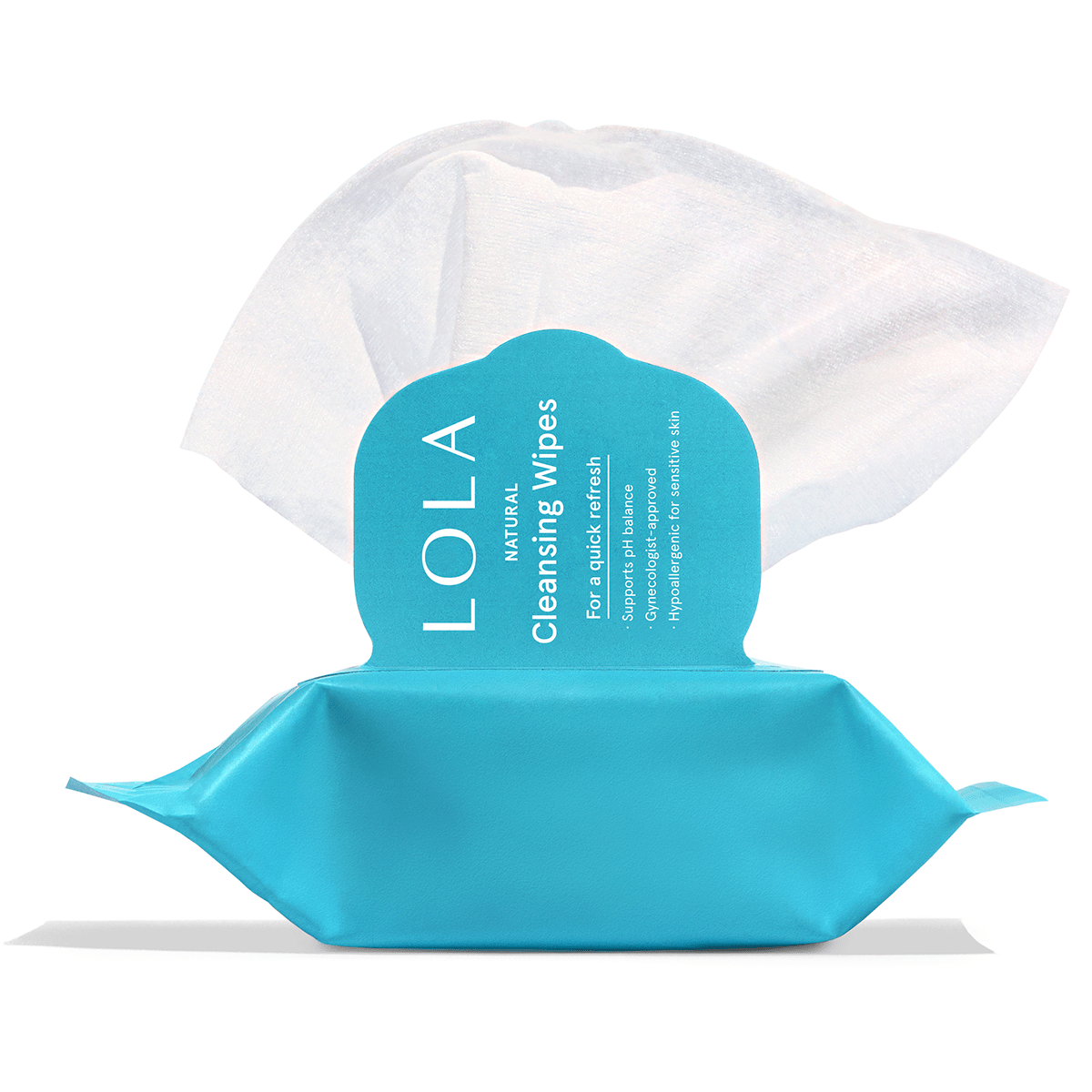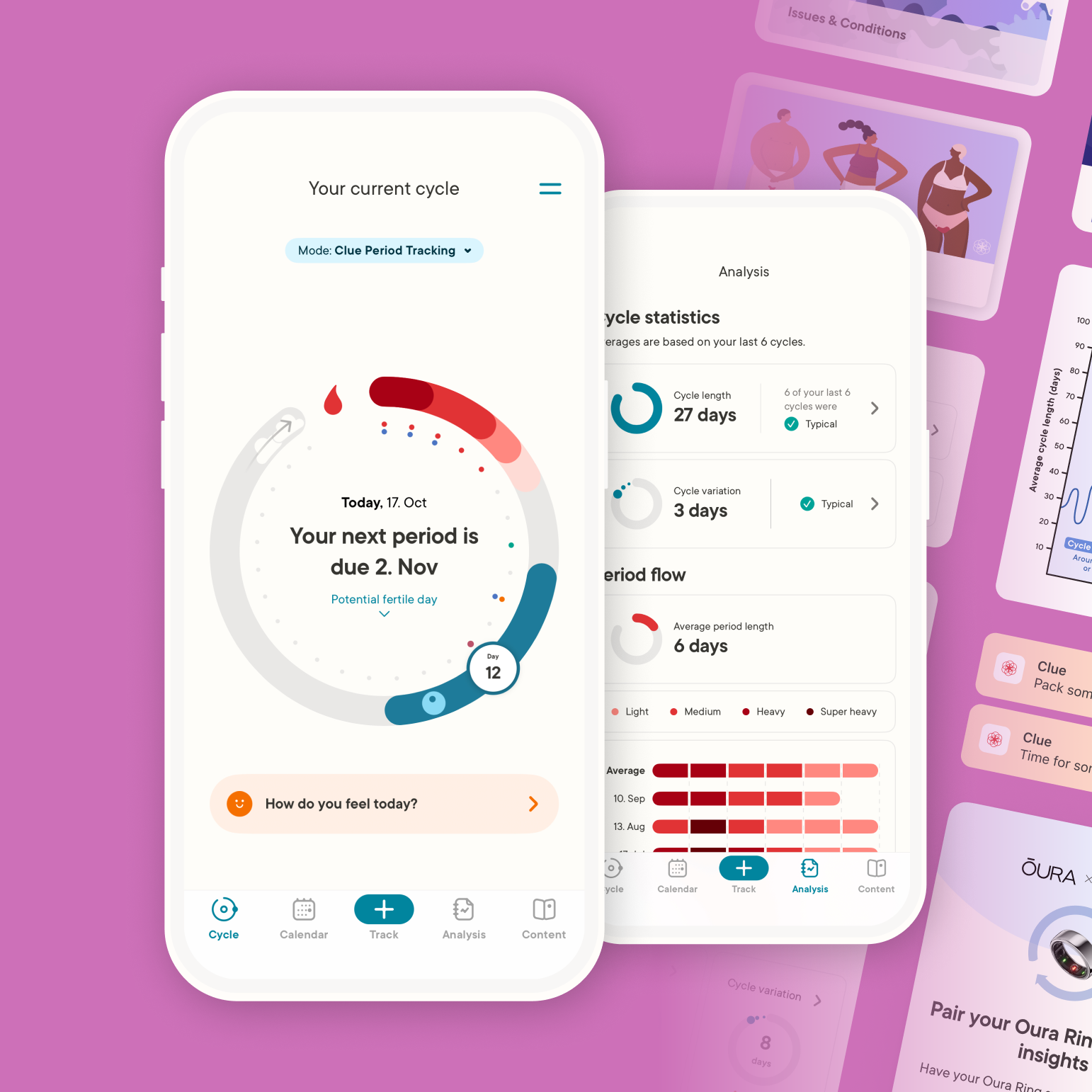With the holidays quickly approaching, many are looking forward to a packed social calendar, more time with loved ones, and good food and drink. But for some, timing is everything, especially folks dealing with premenstrual dysphoric disorder, or PMDD. PMDD is a severe form of PMS that can wreak havoc on mood and energy levels. Depending on how holiday plans align with your menstrual cycle, PMDD symptoms may throw a festive wrench into things.
In reality, all of that holiday goodness also comes with the stresses of traveling and entertaining, spending too much money, meeting end-of-year work deadlines, and the inevitable run-in with that one ex-partner who never left your hometown. The holidays are overwhelming for many, especially for those that experience feelings of painful loss and loneliness this time of year.
“Many people can feel pressured to have 'the best holiday ever’—and Instagram the hell out of it,” says period coach and educator Lisa Higgins. “But all this pressure isn't good for our mental health. Plus, much of the holiday load—buying presents, cooking, hosting guests, etc.—naturally falls to women, and this can put an extra strain on things.”
Holiday stress can exacerbate symptoms of PMDD and vice versa, so how should you deal? Thankfully, there are some steps you can take to prepare for and manage symptoms.
What is PMDD?
PMDD is an extreme form of PMS that affects between 3% and 9% of individuals who menstruate. Symptoms may be similar to those of PMS, but they manifest more intensely. This can include extreme fatigue, mood swings, bodily discomfort, food cravings, insomnia, and feelings of anxiety and depression such that they affect daily life for up to two weeks before your period.
Those dealing with PMDD are familiar with the sensation of having enough energy in one moment to clean the house and plan an impromptu party, only to be met in the next by intrusive thoughts that everyone hates you and no one will come. Between headaches, bloating, and brain fog, it can feel like you’re having fewer good weeks out of the month than bad.
While experts are still unsure of the cause of PMDD, many attribute it to the hormonal see-saw you endure during your menstrual cycle. Levels of serotonin, a neurotransmitter that regulates mood, sleep, and appetite, fluctuate throughout the menstrual cycle, and estrogen and progesterone levels drop pre-ovulation/post-menstruation. PMDD symptoms may be triggered in menstruating folks that are hypersensitive to these changes.
Research also shows that certain individuals may be more prone to develop PMDD if they’ve experienced trauma or significant exposure to stress, deal with anxiety or depression, or have a family history of mood disorders or PMS.
If you suspect you may be dealing with PMDD, talk with your doctor. They will perform a physical exam and potentially run blood work to rule out other conditions with similar symptoms. Taking the time to record your symptoms for at least two menstrual cycles can be a helpful tool for your doctor to reach a diagnosis. The International Association for Premenstrual Disorders, or IAPMD, also offers a self-screening test that can be a helpful tool on the quest for clarity. While results shouldn’t be considered an official diagnosis, the quiz asks questions specific to PMDD and offers helpful next steps.
How To Cope with PMDD
To lessen the symptoms of PMDD, some practitioners recommend antidepressants, anti-inflammatory medication, and/or hormonal birth control. These work for many people, however, folks that are wary of antidepressants and over-the-counter pain medication may be wondering how to treat PMDD naturally.
Higgins recommends, first and foremost, menstrual cycle awareness. She, herself, dealt with PMDD for ten years and says increasing her cycle awareness changed everything—she now teaches a Period Power course to empower others. Again, keeping a record of your daily symptoms can be a powerful tool, and there are plenty of period tracking apps out there that make it super simple when you’re traveling or on the go.
“You don't need to write reams and reams in a fancy journal, although you can if you want to,” Higgins says and suggests jotting down notes on physical and emotional state, as well as triggers and how you resolved them. “Over time you will begin to see patterns emerge that can help when planning ahead.”
Diet and exercise can have a major impact on PMDD symptoms. And while mindful eating can be excruciating during the holidays when treats and sweets abound, limiting the amount of sugar, caffeine, and alcohol you consume while upping your protein and carbohydrate intake can do wonders to help your body regain balance. So green light on the charcuterie spread, but avoid that pumpkin spice latte.
Similarly, workout motivation may be nonexistent while dealing with fatigue and mood swings, especially when you’re pressed for time and already exhausted from the holiday runaround. So start smaller—a walk through the neighborhood or a quick Youtube yoga session in your living room can provide a little mood boost and soothe some aches and pains.
Also keep in mind that dealing with PMDD isn’t always active. Sometimes it looks like rest and alone time, as your energy is a scarce resource that needs replenishing.
“It's important to try and get some time to yourself, even if it's just putting headphones in and listening to a soothing meditation in the bathroom of your aunt's house,” Higgins says.
How to Explain PMDD To Someone
Now, exiting the family party to go do that bathroom meditation may lead to some puzzled looks. The truth is, the emotional rollercoaster of PMDD may leave you feeling incapable of getting through social commitments, and it can certainly affect your bandwidth for work responsibilities and family obligations. The best way to advocate for yourself is to let your friends, family members, and even close coworkers know what you’re dealing with.
Because PMDD is so often misunderstood, this isn’t always the easiest task.
“Loved ones often mean well and don't want to see us suffer, but through lack of education and awareness aren't always equipped with the right responses,” Higgins says. “This is part of a systemic problem—menstrual suffering has roots in the collective cultural denial of the menstrual cycle itself.”
So much confusion makes sense in a patriarchal society that has historically intertwined shame with the menstrual cycle. Higgins points to a quote from psychotherapist and educator Alexandra Pope, “It's as though all women suffer from low-grade stress because we continually have to override something." For this reason, explaining symptoms and their effects to other women and folks that menstruate may be easier, as they can often relate. However, to explain PMDD to a man or someone who doesn’t menstruate can prove more difficult and feel more awkward. Higgins suggests taking a more proactive approach.
“It can help to shift the focus and offer ways that the loved one can help you,” Higgins says. “Also, plan ahead so that you are prepared for any awkward questions and know that it's okay not to respond at all if you don't want to.”
When it comes to partnership or the casual holiday hook-up, symptoms of PMDD, as well as the medications you take to treat them, can leave you in a libido lull. But by being open and honest about what you’re going through, you can avoid the “Is it me?” question from your partner when you’re not interested in sex. Understanding the stages of your cycle and sharing this information with your partner can eliminate the pressure for you and the guesswork for them. This kind of communication can even lead to a deeper emotional connection—very sexy.
How to Help Someone with PMDD
If you’re worried about a partner or loved one who’s struggling with PMDD, you’re in the right place. Educating yourself is key, and learning as much as possible about this condition helps you to better understand what they’re going through.
While symptoms may be worse for the person dealing with PMDD, this condition definitely affects a partner or loved one as well. It can be difficult to keep up with the highs and lows without getting frustrated. Patience and grace are necessary. Providing an empathetic ear and words of validation can help your loved one feel fully supported.
Holiday stressors may intensify the struggle with PMDD. If your loved one typically takes on the majority of the decorating, entertaining, shopping, and planning, help to carry some of that load. This not only eases the pressure of so much responsibility, it will also give them some much-needed downtime to recharge.
It’s also important to simply ask how you can help. You’re not a mind-reader and your loved one may be particularly hard to predict at the moment, regardless of how well you know them. By eliminating assumptions and being direct, you’re providing an opportunity for your loved one to feel heard.
Keep in mind that caring for yourself and setting boundaries are crucial as well. Caregiver burnout is real, and your mental and emotional bandwidth can diminish quickly if you’re not looking out for yourself—it’s the holiday season for you, too. Tending to your own mental health hygiene, eating well, sleeping enough, and getting some exercise will maintain your caregiving capacity.


